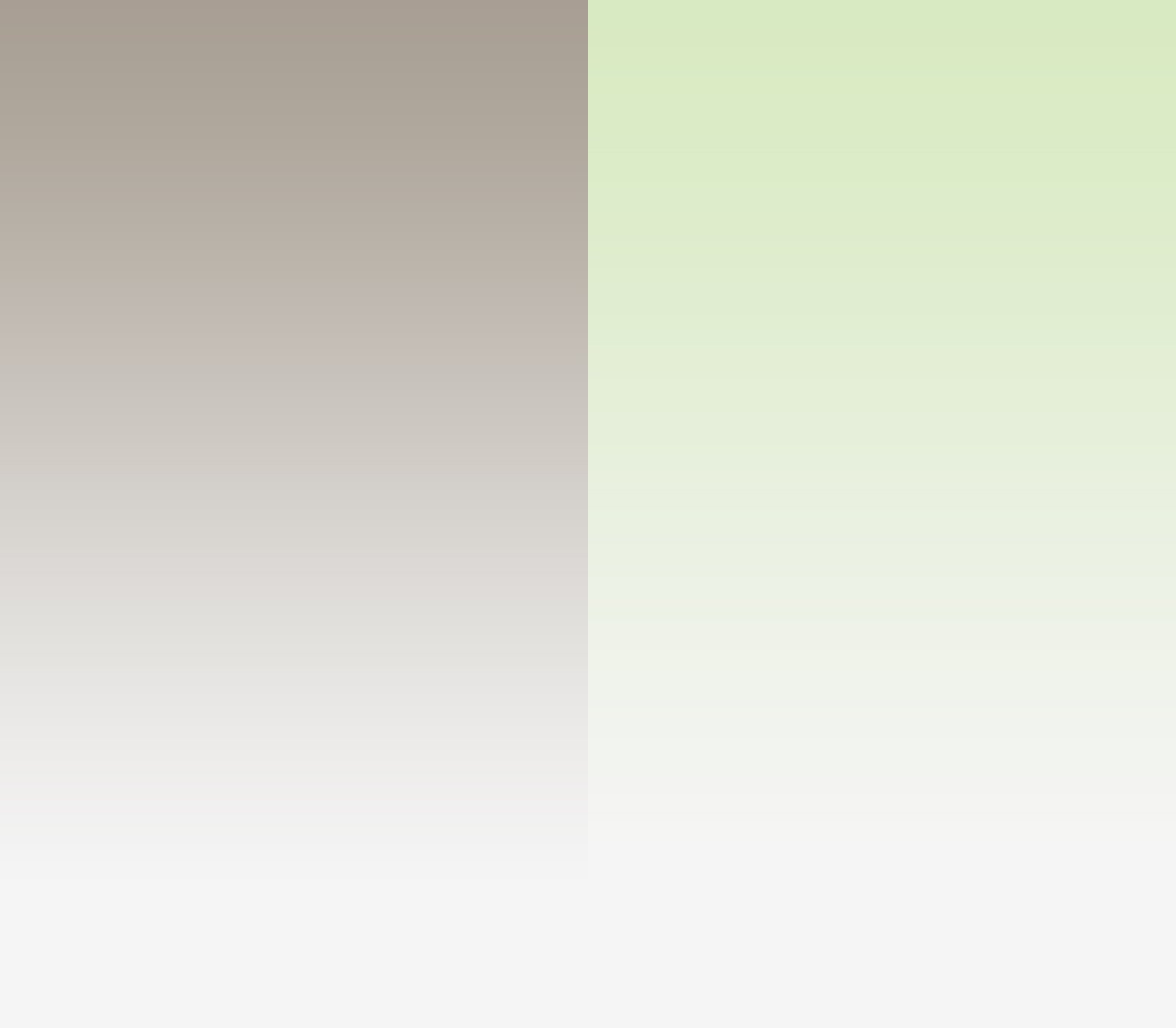WHAT IS TRADITIONAL CHINESE MEDICINE?
Acupuncture and Chinese herbal medicine are the key treatment techniques of the holistic and ancient medical practice of Traditional Chinese Medicine.
With over 5,000 years of knowledge, experience and wisdom, acupuncture and Chinese herbal medicine are the primary, and trusted, medical disciplines in China and other parts of East Asia.
Believing that the mind, body and spirit are intrinsically linked to health, the practice of traditional Chinese medicine treats the person as a whole. When undertaking acupuncture and/or Chinese herbal medicine, factors such as diet, lifestyle, environment and emotional wellbeing are considered alongside physical symptoms.
Traditional Chinese Medicine is said to focuse on prevention as much as addressing the root of a health problem. Its techniques, including acupuncture and Chinese herbal medicine, are completely natural.
In addition to acupuncture and Chinese herbal medicine, other techniques growing in popularity in the West include: Tui na (massage), cupping (suction cups) and moxibustion (the burning of herbs).
The theory of how Traditional Chinese Medicine works
The philosophy behind acupuncture and Chinese herbal medicine suggests that an abundance of energy, or qi (pronounced chee), flows freely around the body along invisible pathways known as meridians. These meridians connect all parts of the body and regulate this energy to keep the body in harmony.
It is theorised that when the body’s energy, qi, becomes blocked or depleted the body’s natural balance is disturbed; the body is not able to function to its full capacity and illness or disease can follow.
Traditional Chinese Medicine focuses on finding imbalances and thereby identify the root cause of health problems. Techniques such as acupuncture and Chinese herbal medicine then attempt to rebalance the body’s energy systems. The mechanisms through which acupuncture and Chinese medicine are said to work are yet to explained by modern medical science.




